Strengthen systems to make inclusion a reality.
We’ll embed disability innovation into national policy landscapes, stimulating demand, activating country pilots and creating enabling markets environment in Low-and Middle- Income Countries.
A new country office Africa (Rwanda) will build impact and partnership, exploring new opportunities for insight, knowledge and research - testing country implementation and providing technical assistance across AT2030 priority countries.
We’ll explore the intersecting challenges to enabling environment for AT access experienced by disabled people, with a focus on inclusive cities and infrastructure, climate and crisis resilience, and gender. Building evidence and driving action we’ll develop a global strategy on Inclusive Climate Resilient Infrastructure - creating a model of technical support and a city pilot for inclusive climate solutions with equity at it's core.
Continuing to work with WHO to deliver the commitments in the Global Report on AT, we will support the development of the Global Guidelines on Provision of AT, implementing country-led strategies and the roll-out of WHO’s Training in Assistive Products (TAP) at a national level.
We’ll also research the impact of incorporating AT products in the UNICEF catalogue and action plan to further accelerate impact to mainstream AT supply.
Sub-programmes:
- Africa Country Delivery
- Thematic Public Goods
- Global Report Implementation
- Mainstreaming AT Supply
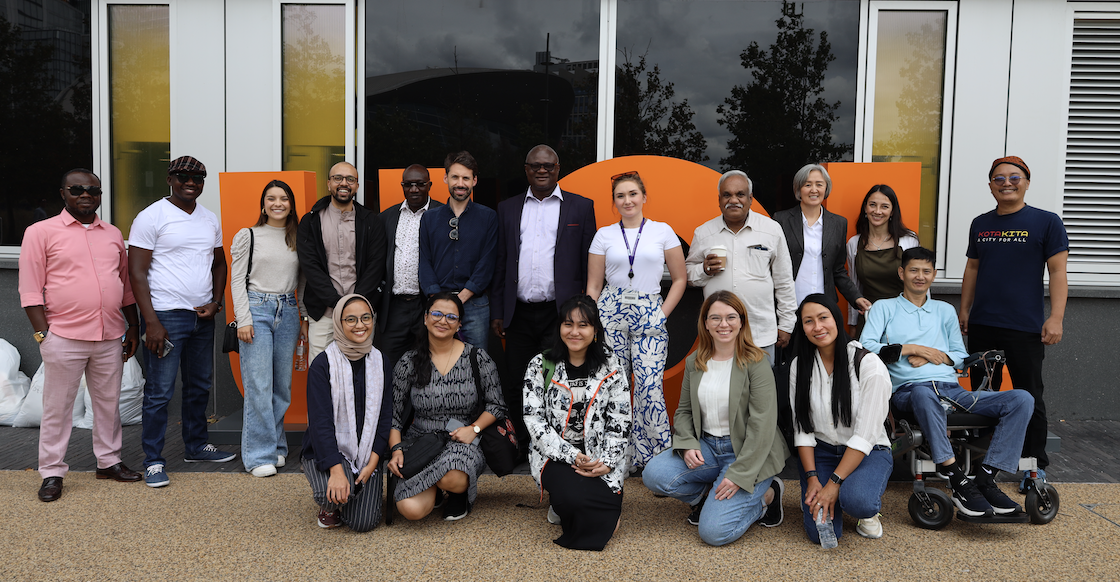
Sub-Programmes
- Thematic Public Goods: This sub-programme explores the intersecting and systemic challenges experienced by disabled people in AT access, looking at enabling environments.
Latest
-
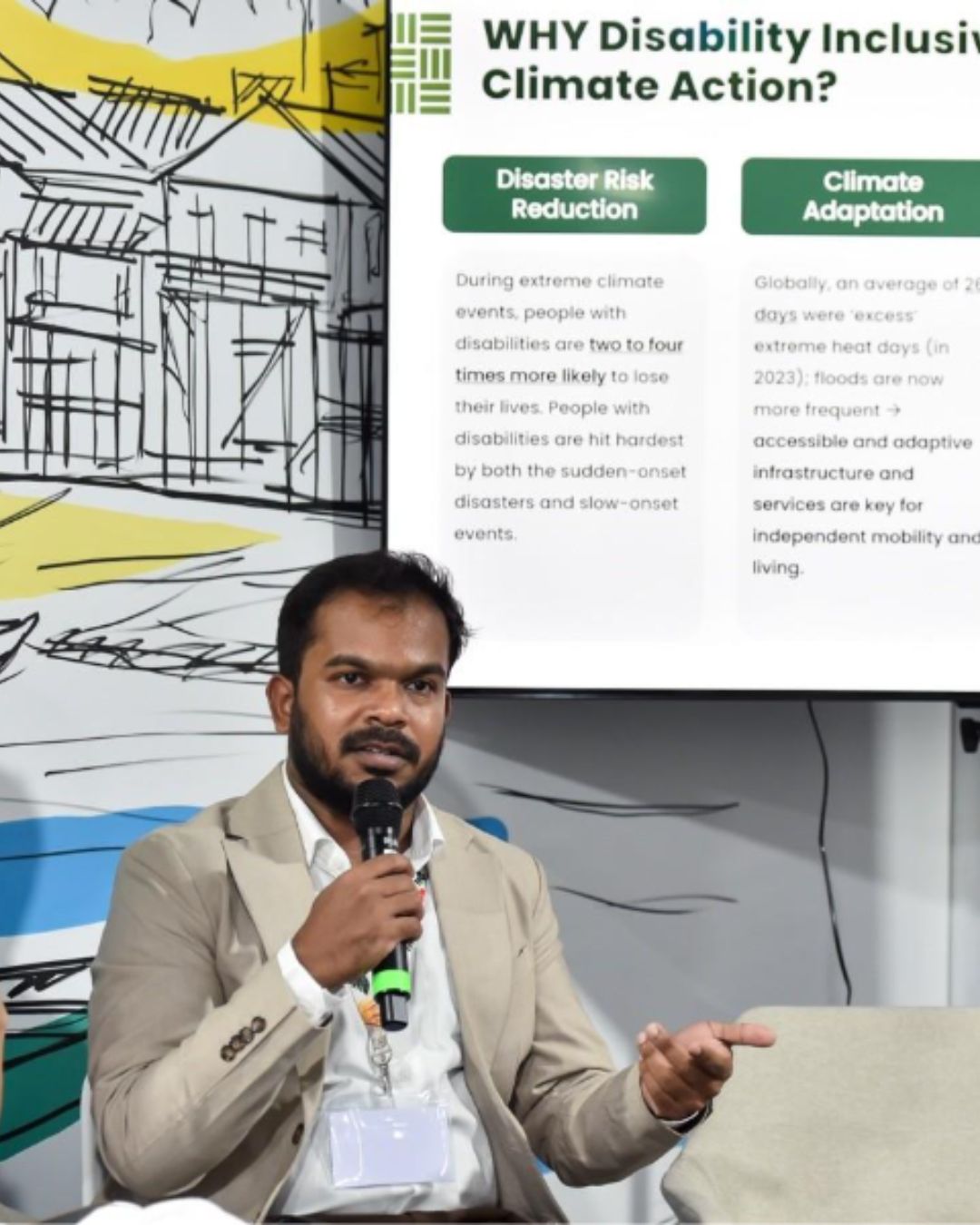
Co-Creating Inclusive and Resilient Cities: The Way Forward from COP-30 [Disability, Climate & Cities blog series]
Bala NagendranJan. 20, 2026This is the first in our new Disability, Climate & Cities blog series - reflecting on COP30 and upcoming climate research projects. Throughout our engagement across the summit, our message was clear: inclusive design and innovation as a mindset and methodology are key to implementing climate solutions that work for all, including people with disabilities, and co-creating resilient urban futures...
-
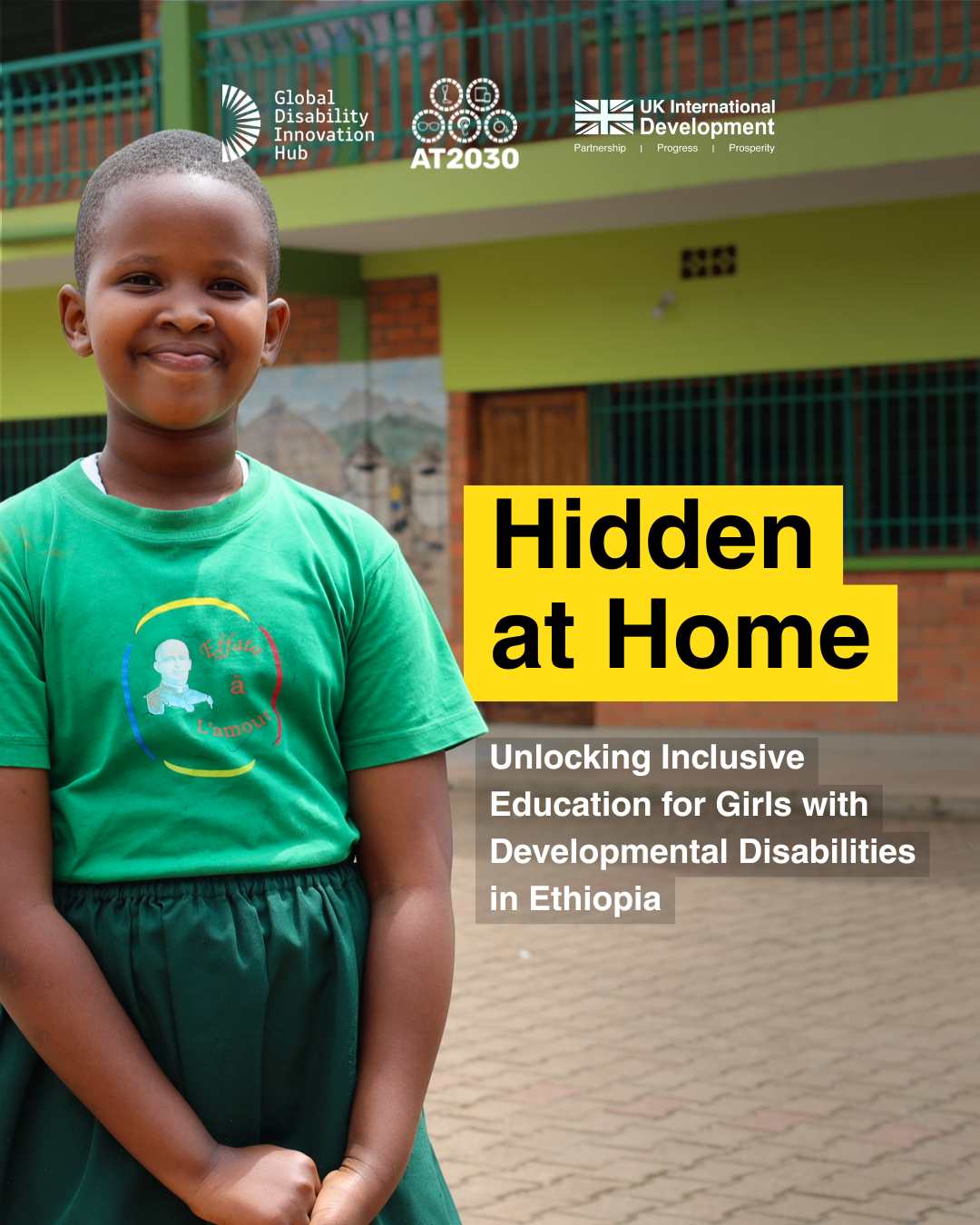
Hidden At Home: Can we Unlock Inclusive Education for Girls with Developmental Disabilities in Ethiopia
Dr Dilisha Patel, Rebecca Joskow, Regina BortoniDec. 30, 2025EthiopiaCase Studies and ReportsEthiopia has made strides in expanding access to girls’ education through national commitments to Education for All (EFA) and the Sustainable Development Goals (SDG4). However, access gaps for children with disabilities remain, as the Ethiopia’s Ministry of Education (MOE) estimated that only 11% of children with disabilities were enrolled in primary education (ESDP, 2021). While this figure refers broadly to children with disabilities, the challenges are particularly acute for girls with disabilities. Global evidence shows that “girls with disabilities are more likely to be out of school than both boys with disabilities and girls without disabilities. They are the most excluded group of learners due to multiple and intersecting forms of discrimination” (UNGEI, 2021).
-
Hidden At Home: Can we Unlock Inclusive Education for Girls with Developmental Disabilities in Ethiopia?
Dr Dilisha Patel, Rebecca Joskow, Regina BortoniDec. 30, 2025EthiopiaAT2030 ResourcesEthiopia has made strides in expanding access to girls’ education through national commitments to Education for All (EFA) and the Sustainable Development Goals (SDG4). However, access gaps for children with disabilities remain, as the Ethiopia’s Ministry of Education (MOE) estimated that only 11% of children with disabilities were enrolled in primary education (ESDP, 2021). While this figure refers broadly to children with disabilities, the challenges are particularly acute for girls with disabilities. Global evidence shows that “girls with disabilities are more likely to be out of school than both boys with disabilities and girls without disabilities. They are the most excluded group of learners due to multiple and intersecting forms of discrimination” (UNGEI, 2021).
-
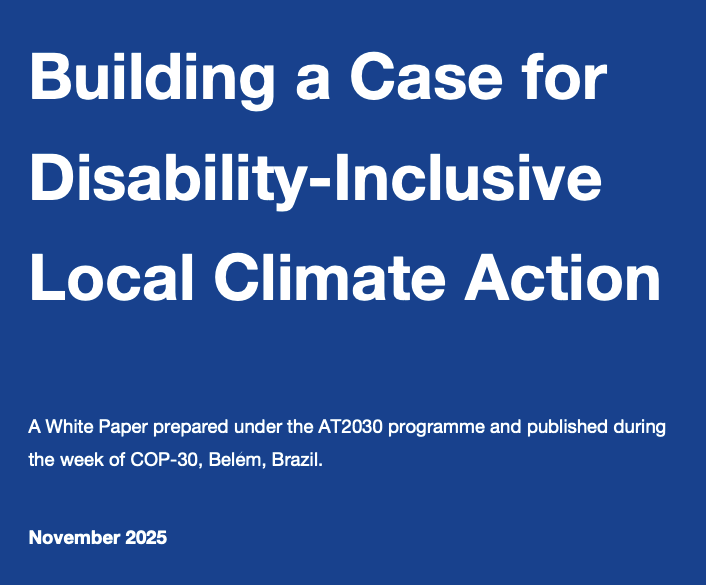
Building a Case for Disability-Inclusive Local Climate Action.
Global Disability Innovation Hub, Mikaela Patrick, Bala NagendranNov. 21, 2025GlobalAT2030 ResourcesThe Global Disability Innovation Hub (GDI Hub) presents this White Paper titled ‘Building a Case for Disability-Inclusive Local Climate’ as an effort to synthesise available insights at this intersection and frame a narrative for future research, innovation, and action.
-
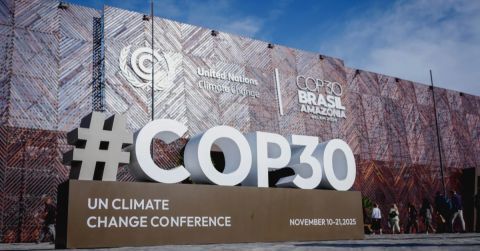
GDI Hub at COP 30
Harrison KamauNov. 17, 2025BrasilCase Studies and ReportsAt COP 30, the Global Disability Innovation Hub (GDI Hub), hosted at UCL, is aiming to change the global conversation on climate resilience to ensure the voices of disabled people are heard.